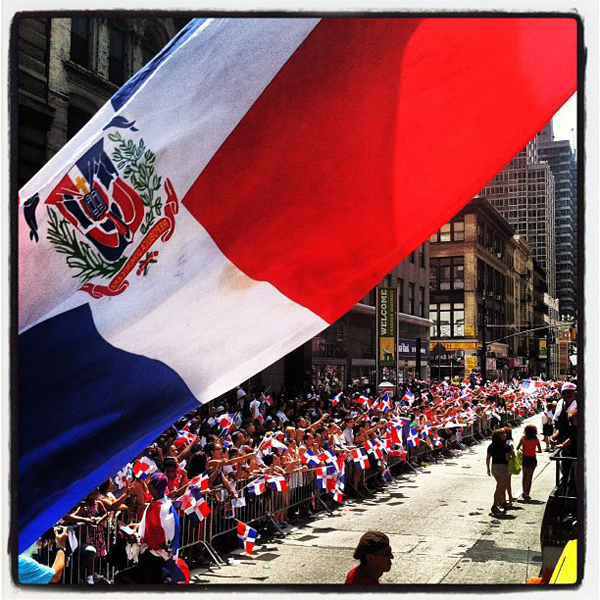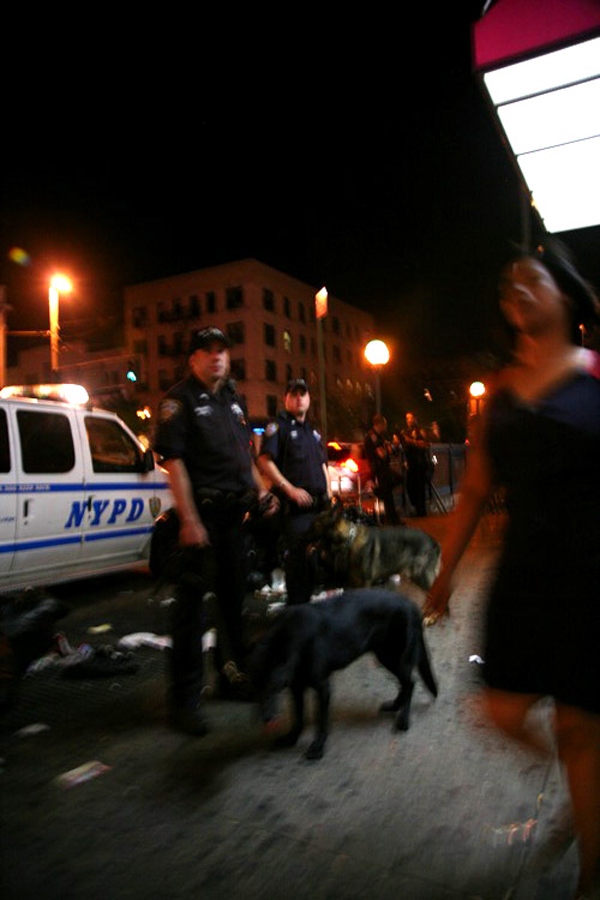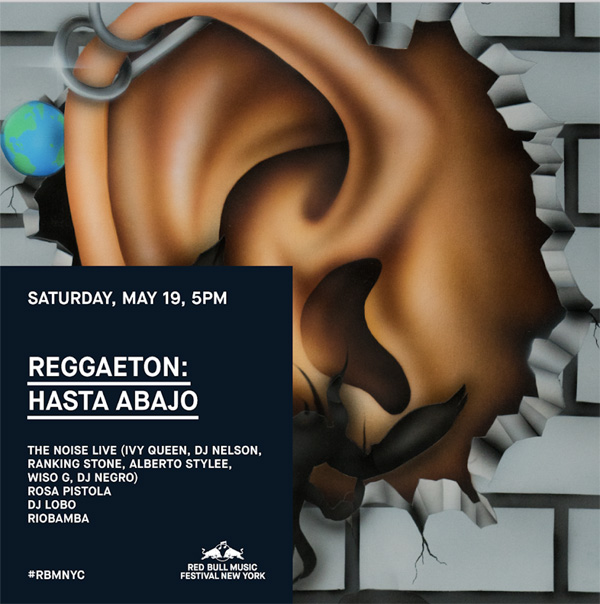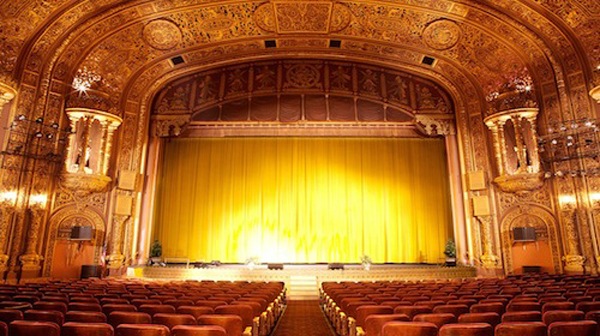Story and video by Sherry Mazzocchi
A Dominican court ruling recently revoked the citizenship of all people born of foreign-born parents since June of 1929. The ruling applies to anyone born between 1929 and 2010, and impacts somewhere between 200,000 to 225,000 people, mostly of Haitian descent.
That begs a question: What does it mean to be a Dominican?
We asked all kinds of Dominicans that question. We talked to people who were born here but have family still living in the Caribbean, and spoke to people who were born there but had lived in the U.S. most of their lives.
Recent immigrants too were interviewed.
We never specified the answers had to be in relation to the court ruling—but it naturally came up. The answers are varied as the people themselves—and they range from political, to personal, to poetic.
Many people born in the U.S. talked about being in Dominican in terms of family, language and visiting the island. Others used a succession of adjectives, including: hardworking, happy and fun. Some dug deep into issues of race, class and sexism. At least one, who railed at moral bankruptcy of elected officials, said from time to time he chooses not to be Dominican.
This week, we present the first three interviews of several people.
They are not meant to be the final word on the topic. Instead, they are intended as a jumping off point for you, your family, neighbors, friends, classmates and co-workers to talk about what it means to be a Dominican, an American or even a good citizen of the country you happen to be in.
And—what rights does that country owe you?
Read more: The Definition of Dominican Ser dominicano | Manhattan Times News.
Related:
Led Black: Un Pie Aqui y Uno Alla | Huffington Post
It’s Official: Washington Heights & Dominicans Are #1
We invite you to subscribe to the weekly Uptown Love newsletter, like our Facebook page and follow us on Twitter, or e-mail us at [email protected].





Pierre F. Lherisson
January 5, 2014 at 4:18 amWhen comparing the Dominicans to the average Latinos of Latin America such as: Argentinian, Chilean, Colombian, Cuban, Puerto-Rican, Ecuadorian, Honduran, Peruvian, Uruguayan etc, people from Dominican Republic are on the average, the darkest among Latinos in the Americas. Nevertheless, the Dominicans are under tremendous de facto social and governmental pressure to deny their African roots by misrepresenting their African roots.
Dominican government-issued photo ID mentioned “Indio”, “Triguenas” or “White” but never Black. The term Black Dominican does not exist in the Dominican version of the Spanish language except when they say Haitian meaning black.
A Dominican photo ID usually is a tell tale. It will reveal tidbits of information about the Id’s bearer especially if the ID is 2 or more shades lighter than the bearer.
Rafael Leonidas Trujillo was was the prototype of this type of pathetic masquerade: Trujillo was of mixed descent; his Dominican father Josee [Pepito] Trujillo Valdez, and his mother, Altagracia Julia Molina Chevalier, later known as Mama Julia, of Haitian ancestry. Trujillo hired someone to rewrite his family history. It is said he wore make-up to lighten his skin. He ID himself as white on his photo ID. He was so anti-black that he massacred between 32,000 to 38,000 Haitians on 5 October 1937.
Most dark skinned Dominicans will look at you stray on the face and boldly tell you they are “Indios”. They usually said, part their great, great, great grand mother or father were Tainos indians or their great, great, great, grandmother or grandfather came from Spain. The Dominicans who have a relatively lighter skin color ranging from griffie, octoroon, mulatto and quadroon are portraying themselves as white. Skin whitening products and hair smoothing & straightening are extensively used there. Such environment is a breeding ground that engender people with low self esteem, high incident of identity disorder, depression coupled with a wide range of blatant social and economic discriminations. Dominican Republic must change this pernicious de facto bigotry policy to prevent its citizens in the diaspora from becoming the receiving end of cruel jokes and reverse discriminations.